Course Content
Topic outline
Study Session 9
This study session introduces essential equity valuation concepts. The various definitions of value and the application of equity valuation techniques to solve everyday problems are first discussed. A five-step equity valuation process is then described with the three main categories of equity valuation models (absolute, relative, total entity) presented in step three. Key return measures including the equity risk premium and derivation of the equity required return using various models (CAPM, multifactor, build up) conclude the session.
Study Session 10
This study session focuses on financial modelling including the development of forecast model inputs using available industry and corporate information. Approaches for analyzing a key balance sheet, income, and cash flow statement items are presented. Other factors affecting financial forecasts such as competition, inflation, deflation, and technology are considered. An example using pro forma financial statements to build a financial model is shown. The session ends with coverage of discounted cash flow (DCF) valuation models and an emphasis on the dividend discount model (DDM).
Study Session 11
This study session presents additional valuation methods for estimating a company’s intrinsic value. The free cash flow model, which takes available cash flows for distribution as the basis for valuation, is presented as an alternative to the dividend discount model, which uses actual dividends distributed. Relative valuation, using price and enterprise value multiples and which includes the comparables and forecasted fundamentals methods, comes next. Residual income valuation, useful when dividends or cash flows are minimal or volatile, or when difficulties exist in forecasting long-term terminal values, follows. The main approaches for valuing private company equity (income, market, asset based) conclude the session.
